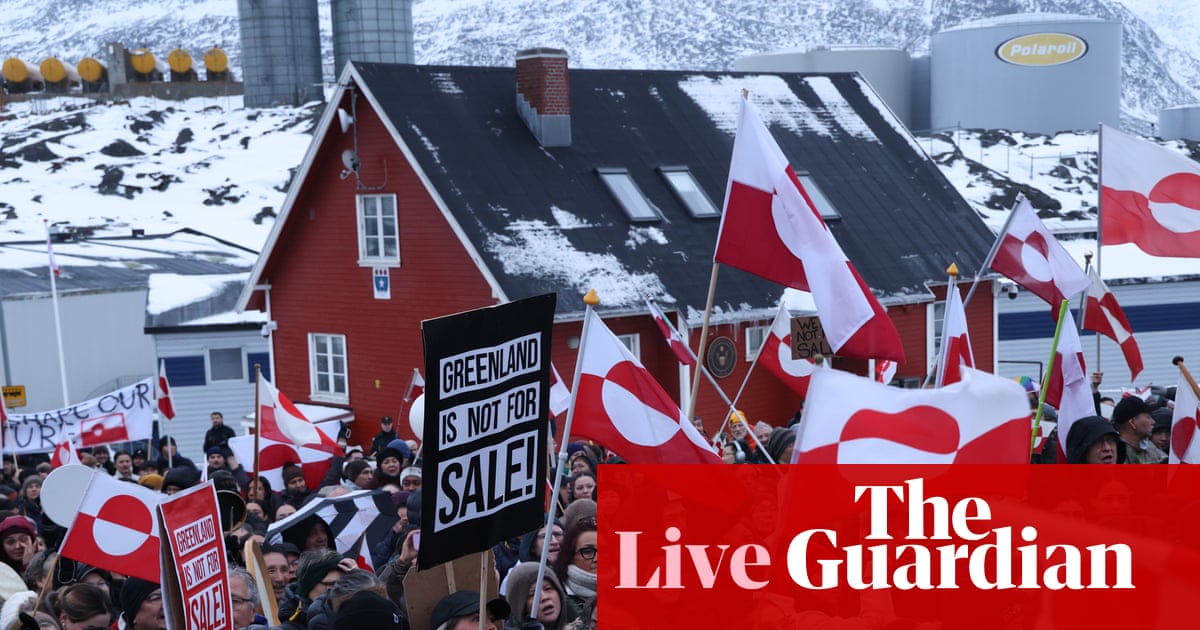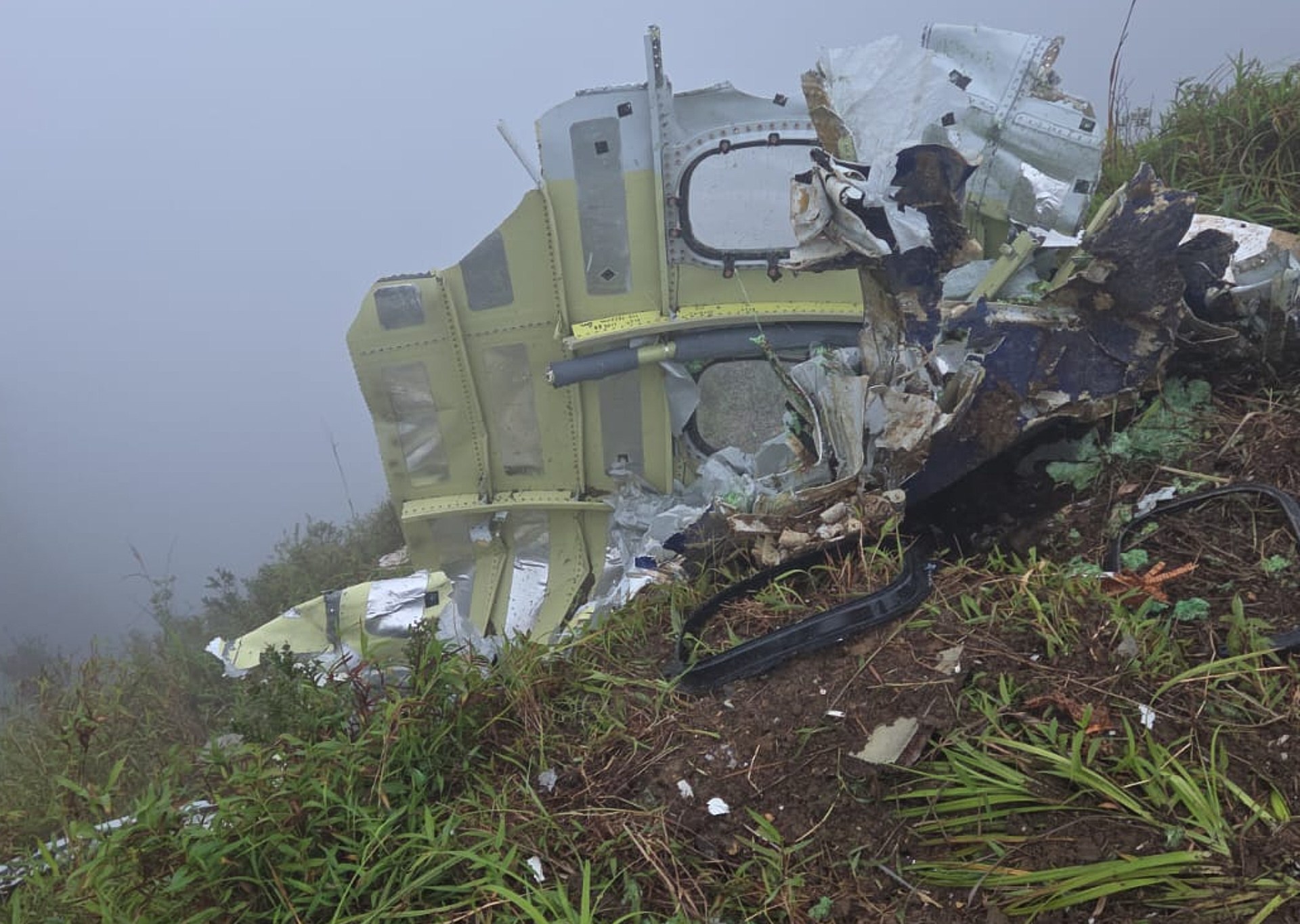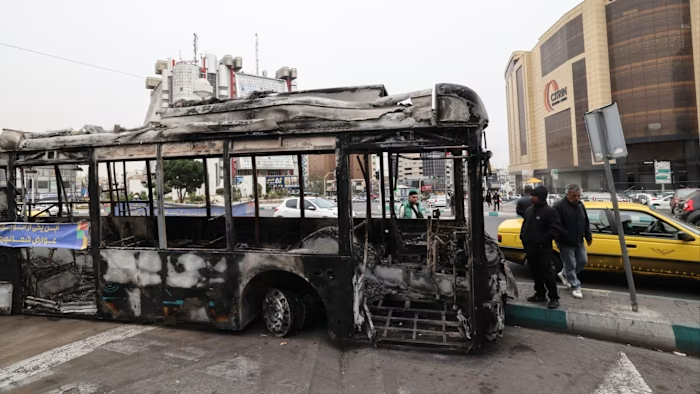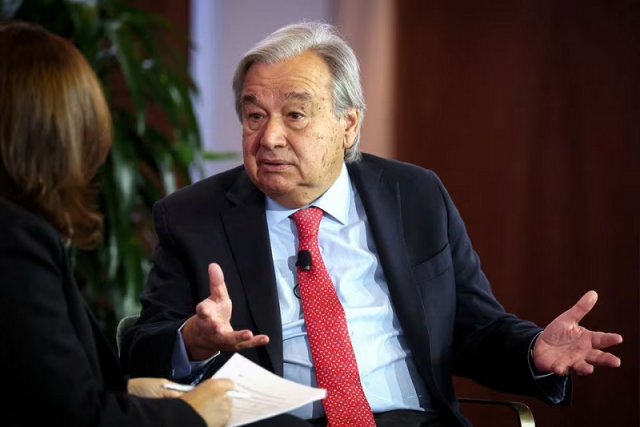- Jordan says King Abdullah received invitation to join Gaza peace board Reuters
- Pakistan invited to join Gaza ‘Board of Peace’: FO Dawn
- Israel objects to White House’s pick of leaders for ‘board of peace’ The Guardian
- Trump asks…
EU calls emergency meeting after Trump vows tariffs linked to Greenland
Good morning and welcome to the Europe live blog. My name is Tom Ambrose and I will be bringing you all the latest news lines and reaction throughout the day.
We start with the…





